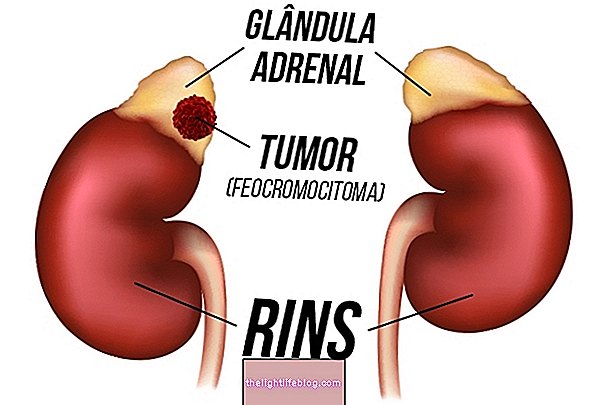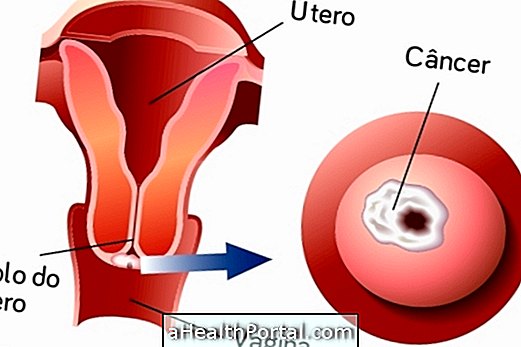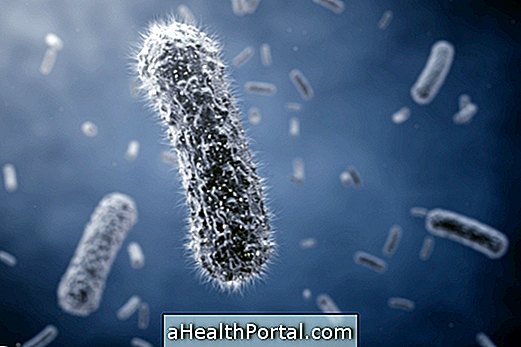Semen allergy, also known as sperm allergy or hypersensitivity to seminal plasma, is a rare allergic reaction that arises as a response of the immune system to proteins in the semen of man.
This type of allergy is more common in women, but can also happen in men, causing symptoms such as redness, itching and swelling in the region of the skin that has been in contact with the fluid.
Although allergy to male semen does not cause infertility, it can make the process of getting pregnant difficult, especially due to the discomfort caused by the problem. Thus, when allergy is suspected, it is advisable to consult a doctor to start treatment with antihistamines, for example, to relieve symptoms.

Main symptoms
The most common signs and symptoms of this allergy usually arise at the site that has been in direct contact with the semen, and include:
- Redness in the skin or mucosa;
- Intense sensation of itching or burning;
- Swelling of the region.
These symptoms usually appear between 10 to 30 minutes after contact with the semen, and can last up to several hours or days. In some women, the allergy can be so severe that other signs that affect the whole body appear, such as red patches on the skin, a sore throat, and even difficulty breathing.
Although it is more rare, this type of allergy can also happen in the man, who may even have allergy to the semen itself. In these cases, flu-like symptoms such as fever, runny nose and tiredness may develop within a few minutes of ejaculation.
How to confirm the diagnosis
To make the correct diagnosis it is advisable to consult a gynecologist, in the case of the woman, or a urologist, in the case of the man. The doctor may need to have several tests to confirm the diagnosis, since there are other conditions that cause the same type of symptoms, such as candidiasis or vaginitis, for example.
However, one way to help identify whether semen is the cause of symptoms is to evaluate whether they continue to emerge even when using a condom during intimate contact, since if there is no direct contact with the semen, it may be a sign of another problem.
Who is most at risk of having
Although the specific cause of sperm allergy is not known, it is possible that the risk is greater in people who already have some kind of allergy, such as allergic rhinitis or asthma, for example.
In addition, other factors that appear to increase this risk include:
- To spend a lot of time without having relationships;
- Being in menopause;
- Using the IUD;
- Have removed the uterus.
In addition, the semen of men who have withdrawn part or all of the prostate also appears to cause the greatest number of allergic reactions.
How is the treatment done?
The first recommended form of treatment to relieve semen allergy symptoms is to use a condom during intercourse so as to avoid direct contact with the semen and thus prevent the development of allergy.
However, this form of treatment may not work for anyone who is trying to get pregnant or for men who have allergy to semen itself, and for this reason the doctor may prescribe the use of antiallergics. In more severe cases, where the allergy may cause difficulty breathing, your doctor may even prescribe an epinephrine injection for use in emergencies.
Another form of treatment is to decrease sensitivity to semen over time. For this, the doctor collects a sample of the partner's semen and dilutes it. Then she puts small samples into the woman's vagina every 20 minutes until she reaches sperm concentration. In these cases, the immune system is expected to stop responding so exaggeratedly. During this treatment, the doctor may also advise having intercourse every 48 hours.












.jpg)








